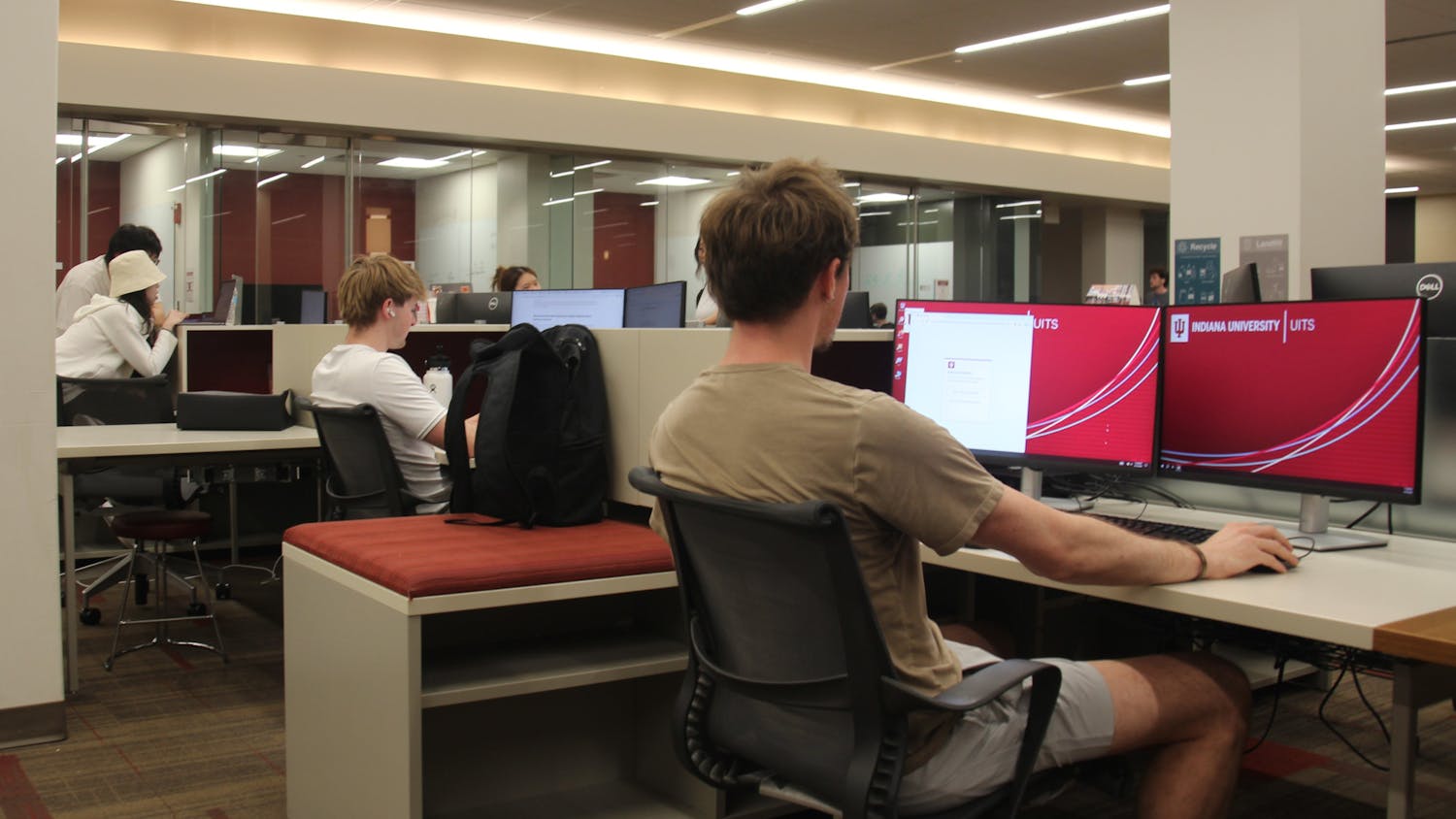In the long history of the Israeli-Palestinian conflict, we now have yet another development to confront: Lorde will no longer be performing in Tel Aviv after pushback from fans and growing calls for a cultural boycott of Israel.
The Editorial Board is skeptical of the viability of boycotts as a solution to this particular political issue, and we feel that a better course of action is available to artists who choose to involve themselves or publicize their opinions.
Beyond informing the public of their stance on a particular issue, what can an artist’s cancellation of a performance in a controversial area accomplish?
When Lorde announced that she was breaking her commitment to play in Tel Aviv after receiving ardent criticism, the only guaranteed consequence of her decision was the deprivation of performance for any of her fans living in the area.
Lorde is a pop star, and despite her commitment to “being an informed young citizen,” the extent to which her choice will impact one of the world’s most complicated and tense conflicts is uncertain at best.
The Editorial Board emphasizes this aspect of the singer’s influence not to insult her, or to say that she should remain politically uninvolved. We understand that celebrities are just as entitled as ordinary citizens to develop and express their political opinions, and we expect such individuals who wield public influence to use their platforms for good.
What we offer as our critique, then, is that merely canceling her concert without making any other sort of commitment to contribute to conflict resolution is a gesture of limited benefit that unfairly punishes people living in and near Tel Aviv who still deserve to experience art despite the conflicts in which their government is involved.
We cannot expect artists to hide their feelings on what happens in the world, but we can and should hold them to a higher standard because of the nature of art as a public good, the deprivation of which should be avoided whenever possible.
It is possible that Lorde’s decision would place obligation on other celebrities to follow suit, and that this combined negative pressure might force Israeli leaders to consider the harm their decisions inflict on their constituents.
What might be more effective, though, is genuine activism.
This suggestion might seem unfair to level at an artist any time they choose to express their opinion, and we don’t mean to imply that Lorde or any other celebrity should have to devote the entirety of their free time to furthering a cause before being allowed to speak their minds.
What we specifically encourage is that celebrities do as much as they can to back up the stances they choose to take, which means that a simple cancellation does not quite meet that standard.
Celebrity interventions and boycotts usually begin with a public statement from the artist announcing a decision and explaining its rationale, but the Editorial Board believes it is reasonable to expect that an artist’s involvement should not end there.
We would have supported Lorde if she had explained in her statement the stance she took on the Israeli-Palestinian conflict and gone on to promise that she would still perform so as not to punish her fans, but would also donate the proceeds of the concert to benefit the cause she supported.
This sort of direct involvement is still possible even though the show has been canceled. Although we do respect that fact that artists have the right to decide where they are and are not comfortable performing, we also hope that they will manage the full extent of their influence and follow through on their beliefs in some tangible way.



